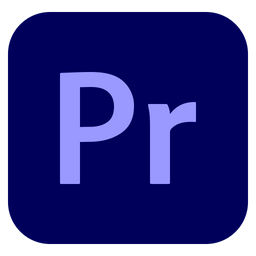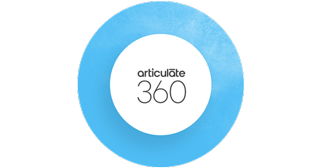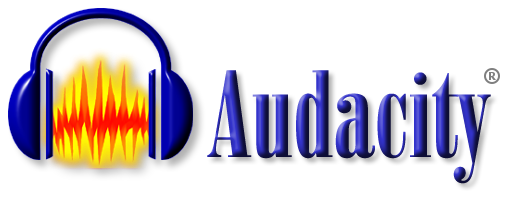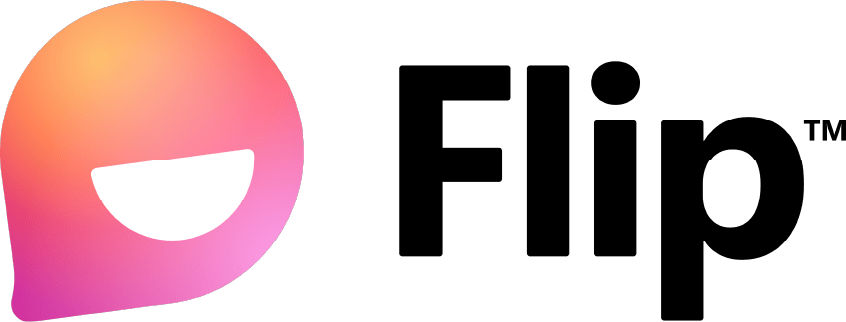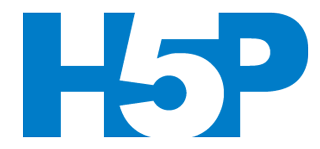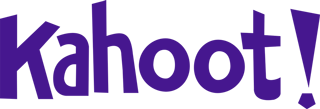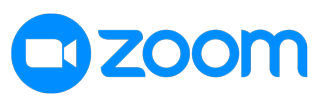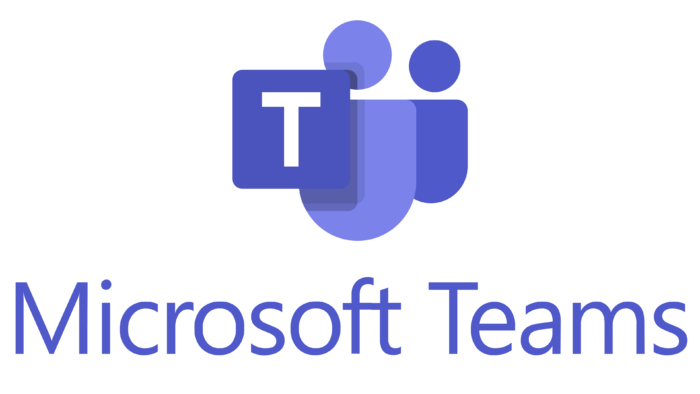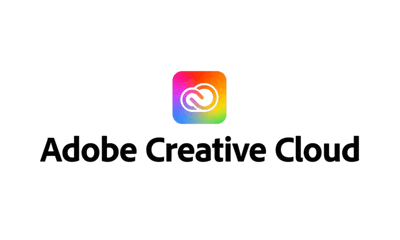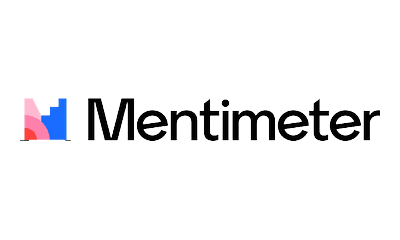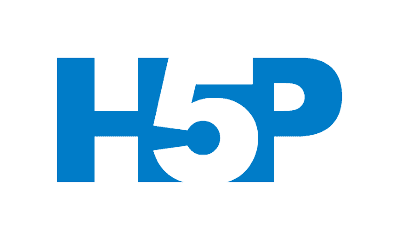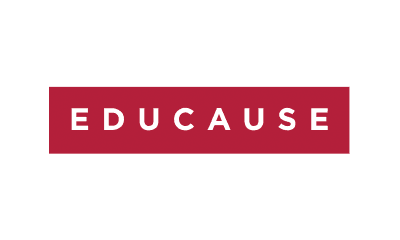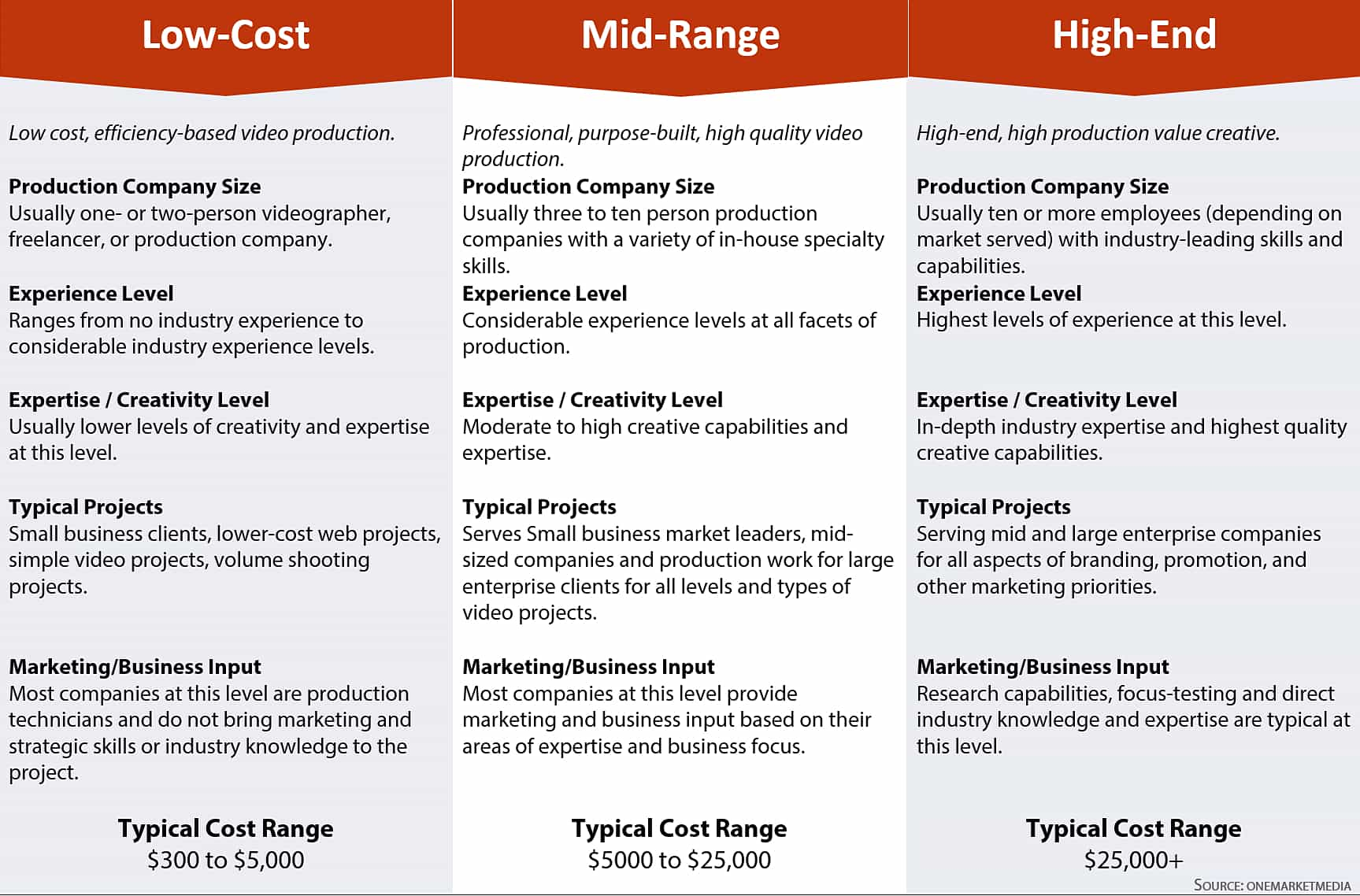Personal Journey

An award-winning educator, eLearning designer, media developer, and community volunteer
Born and raised on Vancouver Island, I’m thrilled to be back in British Columbia after following a dynamic career path that’s taken me from radio personality in Campbell River and Kitimat, to undergraduate student and high school teacher in Central Alberta, to ESL instructor, graduate student, and university professor in South Korea—before coming full circle and returning to BC.
Over the past decade, my diverse experiences have converged in a fulfilling career in instructional design. I’ve led award-winning, innovative learning initiatives at Royal Roads University, First West Credit Union, and the Vancouver Island Health Authority, designing impactful learning solutions for both corporate and higher education settings.
From Airways to E-learning
Code Hack 2025 – A Weekend of Purpose and Possibility
Kristy and I had the joy of volunteering at Island Health’s 2025 Code Hack, a healthcare-focused hackathon held at Royal Jubilee Hospital in Victoria. She joined as an Ally, I participated as a Designer—bringing my background in learning design, communication, and team facilitation to the table.
Our team focused on a challenge that hit close to home: reducing the isolation many seniors face near the end of life. We proposed an affordable, multigenerational housing model to help elders stay connected and age with dignity. I had the honour of opening our team’s presentation, drawing on my experience crafting narratives that engage and inform.
The weekend was full of energy, creativity, and heart. Kristy and I left deeply inspired by the diverse and passionate people we met—including a joyful physician from Nepal who reminded us how far kindness and optimism can carry a team.
Personal Journey

An award-winning educator, eLearning designer, media developer, and community volunteer
Born and raised on Vancouver Island, I’m thrilled to be back in British Columbia after following a dynamic career path that’s taken me from radio personality in Campbell River and Kitimat, to undergraduate student and high school teacher in Central Alberta, to ESL instructor, graduate student, and university professor in South Korea—before coming full circle and returning to BC.
Over the past decade, my diverse experiences have converged in a fulfilling career in instructional design. I’ve led award-winning, innovative learning initiatives at Royal Roads University, First West Credit Union, and the Vancouver Island Health Authority, designing impactful learning solutions for both corporate and higher education settings.
From Airways to E-learning
Island Health Code Hack Hackathon 2025
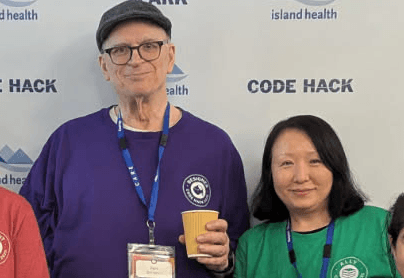
My wife Kristy and I had the privilege of volunteering at Island Health’s 2025 Code Hack, a healthcare-focused hackathon held at Royal Jubilee Hospital. She participated as an Ally and I joined as a Designer. It was an inspiring weekend of collaboration, where we teamed up with healthcare professionals, engineers, and academics—including a remarkably cheerful physician from Nepal. Our team focused on tackling senior loneliness through multigenerational housing, proposing solutions that help seniors age in place with dignity. I had the honour of being the opening speaker for our team’s group presentation.
My Go-To Tools & Resources

AI, Multimedia, & Project/SME Management Assets

Tools for Assessing, Collaborating, and Interacting

LMS Platforms, eLearning Spaces, & SCORM Compliance Stuff

Emerging Technologies & ID Currency Resources
Work Process Example
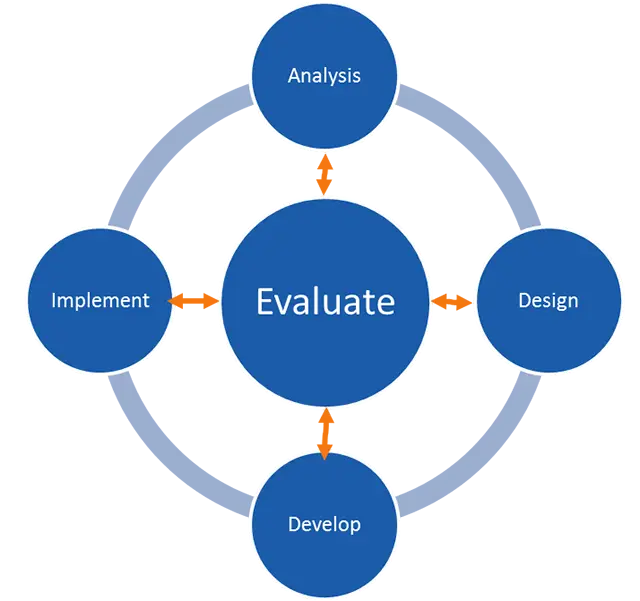
Work Process Description
As shown in the diagram, these steps are not entirely linear. While designing instruction, I often move fluidly between each of the phases depending on the situation and decisions that are being made while collaborating with SMEs. While I generally follow the sequence of the process, I frequently transition between the phases as needed.
Analysis – This phase involves understanding your audience, the problem you aim to solve, and defining the goals and objectives. It is essential to determine the current status of the individual or team and identify the skills that will be needed.
Design – With the learning objectives and the results of the context analysis in hand, the program’s outline is crafted. At this stage, the appropriate delivery method is selected, whether it be classroom-based, e-learning, or toolbox talks, among other options.
Development – This stage is focused on building the program in detail. It can proceed in an agile manner, which includes building, testing, and adjusting, or it can follow a more traditional route with a sequence of writing, rewriting, piloting, and reviewing.
Implementation – This is the primary stage of delivering the learning solution. In large-scale projects, this may encompass the rollout of pilot programs. For more extensive projects, the delivery includes not only train-the-trainer programs but also the actual delivery to meet the specific needs of learners.
Evaluation – This phase assesses whether the program has adequately addressed the gap identified during the analysis phase and if it has met the expectations of both the business and the individual learners.
Work Process Example
Hover on the image for more info
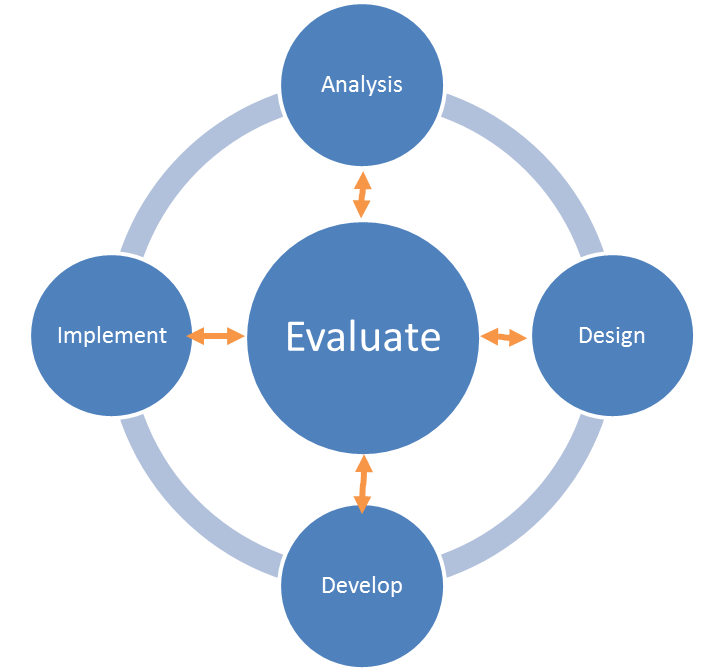
Analysis – This phase involves understanding your audience, the problem you aim to solve, and defining the goals and objectives. It is essential to determine the current status of the individual or team and identify the skills that will be needed.
Design – With the learning objectives and the results of the context analysis in hand, the program’s outline is crafted. At this stage, the appropriate delivery method is selected, whether it be classroom-based, e-learning, or toolbox talks, among other options.
Development – This stage is focused on building the program in detail. It can proceed in an agile manner, which includes building, testing, and adjusting, or it can follow a more traditional route with a sequence of writing, rewriting, piloting, and reviewing.
Implementation – This is the primary stage of delivering the learning solution. In large-scale projects, this may encompass the rollout of pilot programs. For more extensive projects, the delivery includes not only train-the-trainer programs but also the actual delivery to meet the specific needs of learners.
Evaluation – This phase assesses whether the program has adequately addressed the gap identified during the analysis phase and if it has met the expectations of both the business and the individual learners.
Tap outside this box to flip it back
What’s So Special About My Work?
Aside from my expertise in adult learning theory, UX design best practices, and pedagogy, another factor that distinguishes my work is a unique capacity for producing engaging and effective multimedia content in my fully equipped studio. This significantly reduces the need to pay additional fees to external video production companies, voiceover artists, and on-camera talent. It also results in excellent course completion rates.
Interview With Thrive Magazine
Backstory: Because of the unprecedented 98.6% employee completion rate of a 2021 project in which I used green screen, advanced multimedia editing, and a bit of acting talent, I found myself honoured with the title of the “Face of Federal Training.” This resulted in the interview shown below.
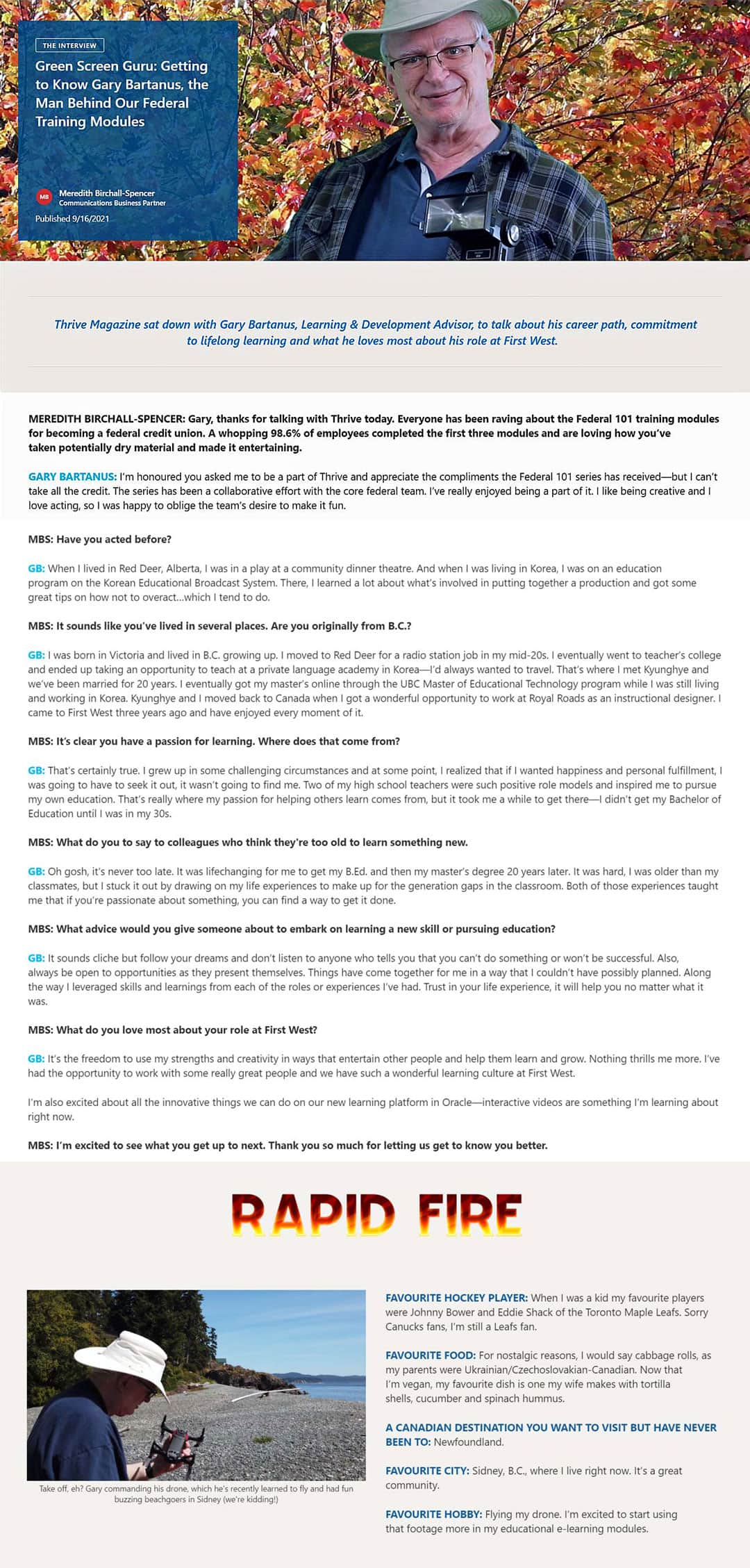
Readers’ Comments:

Some Of My Go-to Apps




